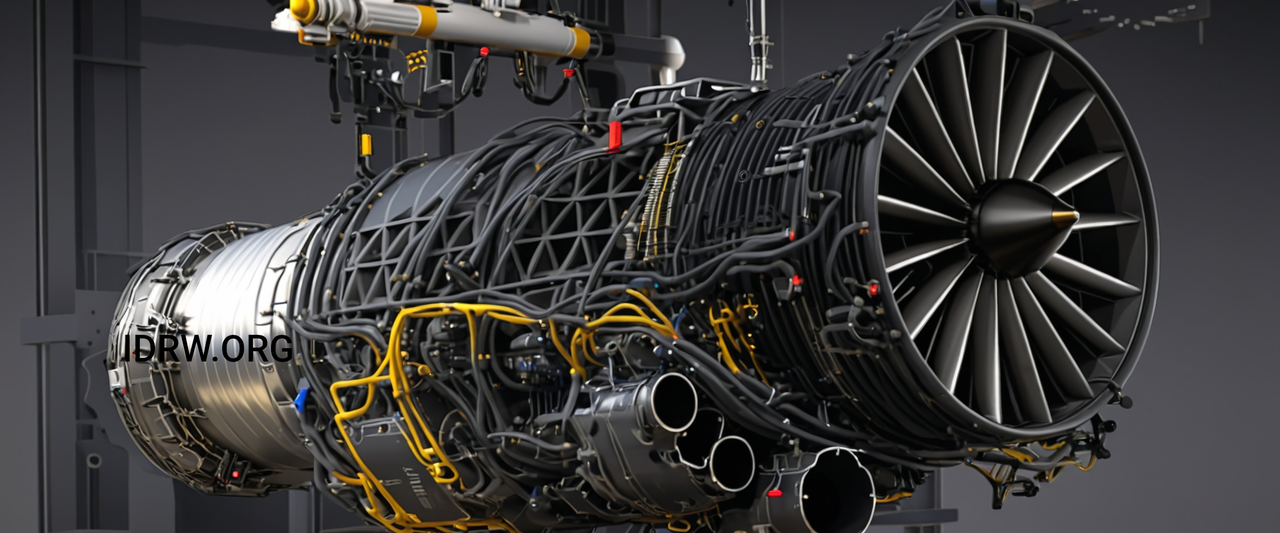SOURCE: RAUNAK KUNDE / NEWS BEAT / IDRW.ORG


GE Aerospace and Hindustan Aeronautics Limited (HAL) are poised to finalize a significant deal for the transfer of technology (ToT) for the F-414 engine later this year. This agreement is expected to see GE Aerospace sharing nearly 80% of the ToT with HAL, enabling the local manufacture of the engine in Bangalore.
GE Aerospace has emphasized that the ToT package offered to India is far more extensive than any previous such agreement for the F-414 engine. South Korea, another country using the F-414 for its KF-21 fighter jet program, has only received 59% ToT.
While GE officials have not disclosed the specific details of the 20% of the technology that will not be transferred, it has been confirmed that the casting process for the single crystal (SX) blade will be retained by GE. However, HAL will receive the technology for coating and machining these blades. Additionally, the software for the Full Authority Digital Engine Control (FADEC) system, which controls all aspects of engine performance, will also be retained by GE.
The withheld 20% of the technology will be directly supplied to HAL by GE, allowing the company to maintain and protect its intellectual property rights (IPR). This approach ensures that GE retains control over critical components and systems, while still providing HAL with the necessary capabilities to manufacture and maintain the F-414 engine domestically.
Due to the Kaveri engine program, DMRL has developed a vacuum investment casting process to produce state?of?the?art Directionally Solidified (DS) and Single Crystal (SX) blades and vanes for aero gas turbine engines. this tech being withheld will not be seen as a deal breaker for the Indian companies and India might likely use Indian-developed tech to replace them shortly so that 100% of the engine parts and components can be locally manufactured.
The conclusion of this deal marks a major milestone for India’s defence industry. The local manufacture of the F-414 engine will not only reduce India’s dependence on foreign suppliers but also create new opportunities for domestic industries and jobs. Furthermore, it will enhance India’s capabilities in advanced engine technology, positioning the country as a global player in the aerospace sector.
NOTE : Article cannot be reproduced without written permission of idrw.org in any form even for YouTube Videos to avoid Copy right strikes. Websites doing illegal reproductions will get DMCA and Legal Notices.